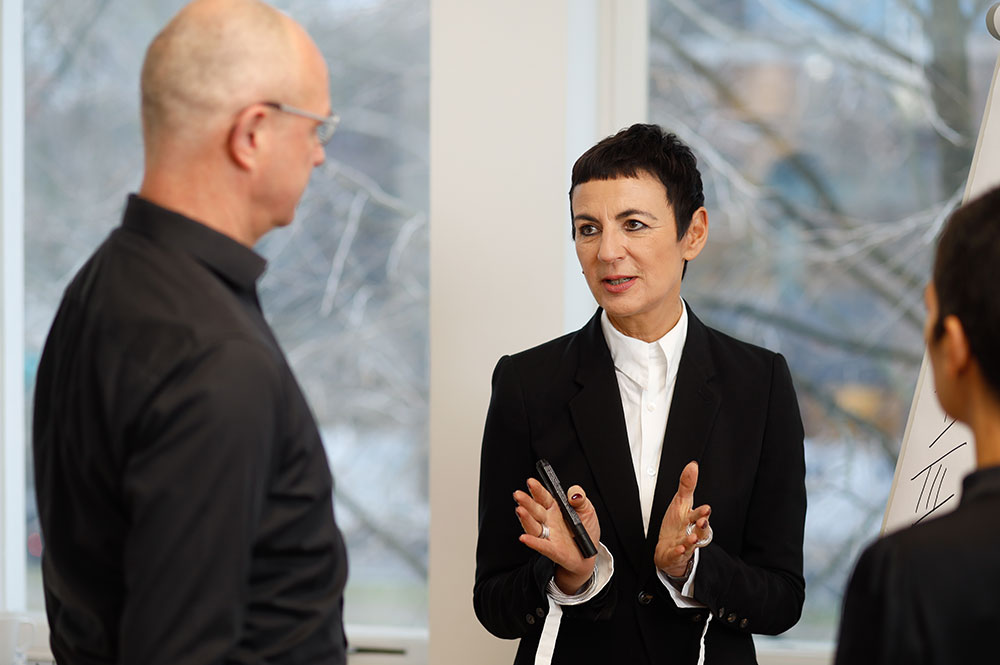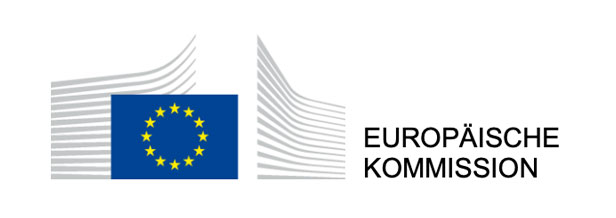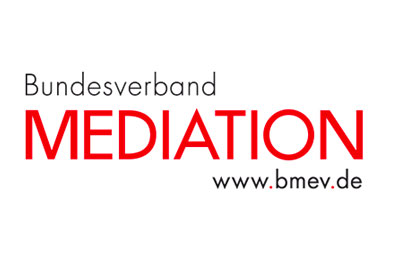Mediation.
Resolving conflicts, balancing interests, moderating points of view
Solutions for both sides.
Conflicts exist everywhere; in private, professional as well as in business contexts. Differences of opinion, misunderstandings or misconduct lead to conflict. Too often, conflicts end in “unresolvable” situations that result in legal disputes.
Once such a path has been taken, an agreement beneficial for all parties involved is difficult to reach.
At the same time, there are many reasons why those in conflict need to reach an agreement:
- They need continue to work together.
- They cannot afford to undertake legal proceedings.
- They do not have time for a long trial.
- They need a solution.
- They care about each other.
Mediation solves conflicts regardless of their nature, constructively, future-oriented mutually and out-of-court. The solution is the goal.


What can you expect from me as a mediator?
- I provide a safe framework for conflict resolution.
- I structure the process.
- I assist the conflicting parties in disclosing the conflict.
- I am neutral and impartial.
- I do not judge the conflicting parties or their views.
- I do not influence the content of the interim or final agreements.
As a certified mediator, I support you in finding your solution together. I completed my professional training at Justus Liebig University in Gießen.

Conflicts arise in many different areas of society.
It is important that mediation takes place regardless of the nature of the conflict.
In his model of conflict escalation, Friedrich Glasl, Austrian economist, organisational consultant and conflict scientist, sees “aggravation” as the first initiation of a conflict. The parties regularly display signs of annoyance and irritability which result in debates, arguments and different types of conflict. These types of conflict are:
- Conflicts of distribution
- Conflicts of facts
- Relationship conflicts
- Conflicts of perception
- Conflicts of roles
- Conflicts of goals
Disputes in the private environment:
- Family
- School, education, university
- Separation, divorce
- Inheritance
- Neighbourhood
- Society: environment – solidarity
Disputes in the professional environment:
- Cooperation within a team
- Problems with superiors or colleagues
Disputes in the commercial environment:
- Rental matters
- Contractual matters
- Traffic matters
- Quality defects
- Sales contracts
- Citizen involvement
Federal Association MEDIATION e.V.
The Bundesverband MEDIATION (BM) was founded in 1992 and is the mediation association with the largest membership in Europe. The BM promotes the professionalisation of mediation. It is involved in legislative procedures, prescribes standards for the various contexts of mediation and ensures qualified mediation education. The BM’s goal is the permanent further advancement of methods to promote understanding in conflicts in all areas of society.
„As a passionate mediator, I want to support the process of professionalising mediation with my membership. Exchange with colleagues –also supervision – is a prerequisite for successful mediation.“
More information at www.bmev.de
Principles of mediation:
- The mediation process is determined by the individual responsibility and autonomy of the parties.
- The mediator considers the needs and interests of both parties on an equal basis and guarantees impartiality.
- The mediator ensures a fair process and guarantees confidentiality.
- The mediator informs both parties about the proceedings openly and comprehensively.
- The mediator ensures that participation in the proceedings is voluntary.
- The outcome and termination of the proceedings are determined exclusively by the parties

For more information on the European Code of Conduct for Mediators, please follow this link.






